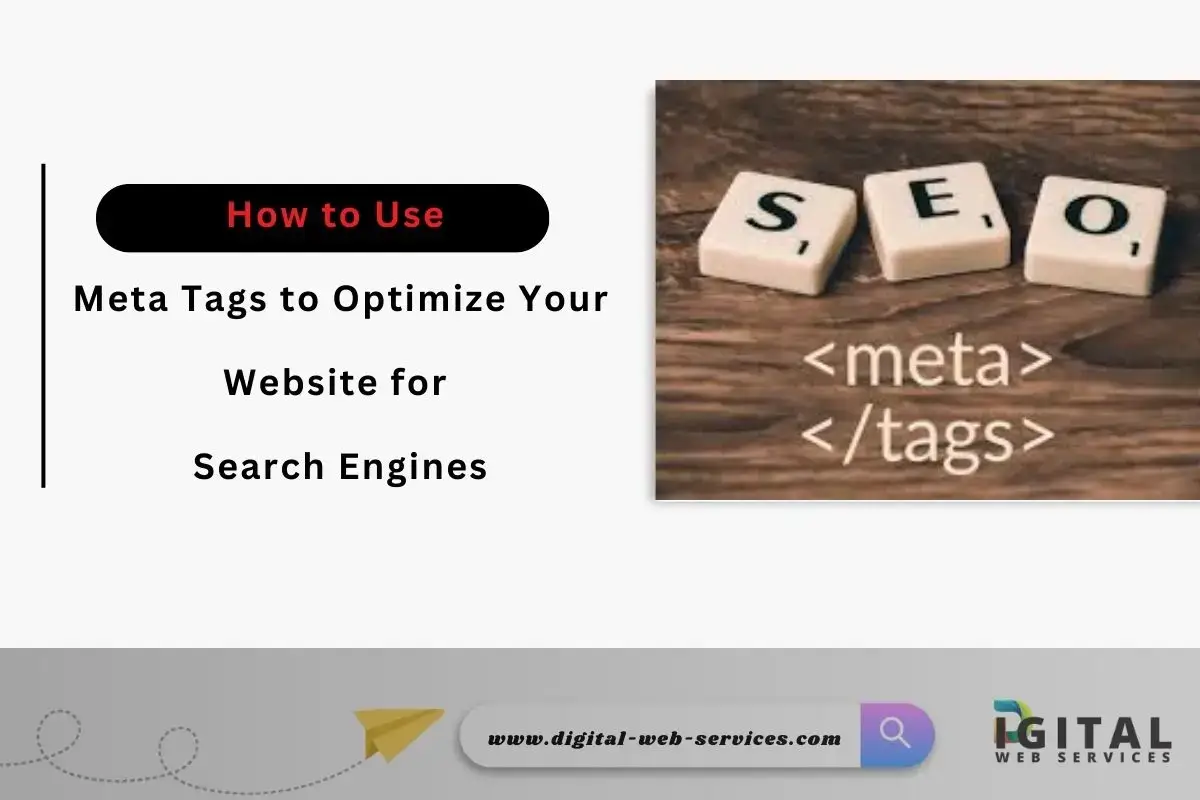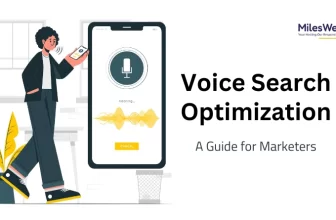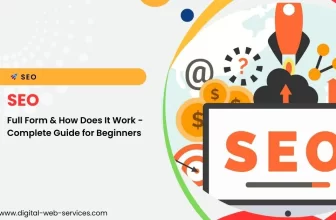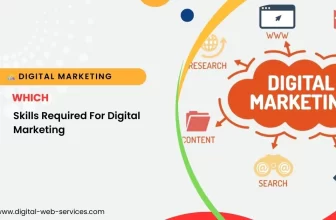
In the competitive world of digital marketing, meta tags play a pivotal role in improving your website’s search engine visibility. These snippets of HTML code inform search engines about the content on your website, helping it rank higher in search results. In this guide, we’ll explore meta tags SEO in detail, including the best practices, importance, and how to use them effectively.
What Are Meta Tags?
Meta tags are snippets of code that describe the content of a web page. They do not appear on the page itself but are part of the HTML source code. Search engines use these tags to understand the content of your page and determine its relevance to user queries.
Why Are Meta Tags Important?
Understanding the importance of meta tags is crucial for any website owner or SEO specialist. Meta tags provide:
- Improved SEO Performance: When used effectively, they enhance your website’s visibility in search engine results.
- Better Click-Through Rates (CTR): Compelling meta descriptions and titles attract more users to click on your link.
- Enhanced User Experience: They set the right expectations by summarizing page content.
Types of Meta Tags You Should Use
Here’s a meta tags checklist to ensure you’re optimizing effectively:
1. Meta Title Tag
The meta title appears as the clickable link in search results. It’s one of the most crucial meta tags for search engines.
- Best Practices:
- Limit the title to 50–60 characters.
- Include the primary keyword near the beginning.
- Make it engaging to attract clicks.
Example: “Meta Tags Optimization: Best Practices for SEO Success”
2. Meta Description Tag
The meta description provides a brief summary of the page content. It directly impacts CTR but does not significantly affect rankings.
- Best Practices:
- Limit to 150–160 characters.
- Include a call-to-action (e.g., “Learn more” or “Get started”).
- Use secondary keywords naturally.
Example: “Discover how to use meta tags to boost your website’s SEO and attract more visitors.”
3. Meta Robots Tag
This tag guides search engines on how to crawl and index your page.
- Best Practices:
- Use
index, followto allow crawling and indexing. - Use
noindexfor pages you don’t want appearing in search results, such as thank-you pages.
- Use
4. Canonical Tag
The canonical tag prevents duplicate content issues by specifying the preferred URL for a page.
- Best Practices:
- Always include a canonical tag, especially on large websites.
- Ensure it points to the primary version of the URL.
5. Open Graph Meta Tags (For Social Media)
While not directly related to meta tags SEO, these tags improve how your content appears when shared on social platforms.
How to Optimize Meta Tags for SEO
Step 1: Conduct Keyword Research
Use Digital marketing tools like Google Keyword Planner or Ahrefs to identify keywords related to your topic. Focus on high-traffic keywords like meta tags tutorial and meta tags examples.
Step 2: Write Engaging Titles and Descriptions
Use your research to craft meta titles and descriptions. Remember to include keywords like meta tags best practices naturally.
Step 3: Test and Refine
Track your CTR and rankings. Adjust your meta tags to improve performance. For instance, if your meta description isn’t driving clicks, try rewriting it with action-oriented language.
Common Mistakes to Avoid
- Keyword Stuffing: Overloading your meta tags with keywords like meta tags for beginners can harm your SEO.
- Duplicate Meta Tags: Each page should have unique meta titles and descriptions.
- Ignoring Mobile Optimization: Ensure your meta tags are optimized for mobile search results.
Tools to Help with Meta Tags Optimization
Here are some tools to streamline the process:
- Yoast SEO: Ideal for WordPress users.
- Screaming Frog: For auditing meta tags across your site.
- Google Search Console: To track how your pages perform in search results.
Final Thoughts
Meta tags are a cornerstone of effective SEO. By following this guide and adhering to the meta tags checklist, you can improve your website’s visibility, drive traffic, and provide a better user experience. Remember, meta tags for beginners start simple but evolve as you refine your strategy.
So, what are you waiting for? Start optimizing your meta tags today and see the difference they can make!
Digital Web Services (DWS) is a leading IT company specializing in Software Development, Web Application Development, Website Designing, and Digital Marketing. Here are providing all kinds of services and solutions for the digital transformation of any business and website.










